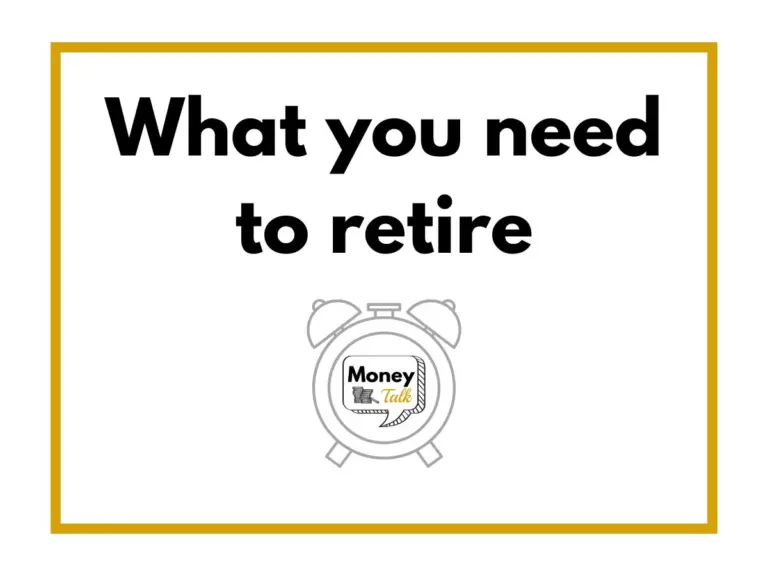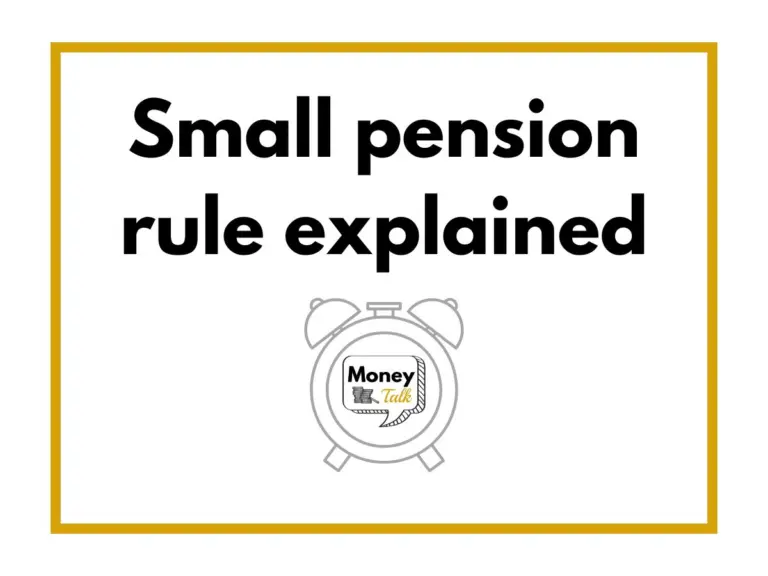Why I put the minimum amount of money into my pension
Money Talk is intended to inform and educate; it's not financial advice. Affiliate links, including from Amazon, are used to help fund the site. If you make a purchase via a link marked with an *, Money Talk might receive a commission at no cost to you. Find out more here.
Lots of experts recommend putting as much money into your pension as possible when you’re young so it has time to grow.
I’ve actually chosen to put in less money than I can afford to.
One key reason is that as a freelancer who works in an industry where income always fluctuates, I want a basic level of financial security.
That means having a sizeable emergency fund so I never have to worry about missing a pay day, or even several, but also money set aside in ISAs and LISAs for other big spends, like my mortgage.
When you pay into a pension, you effectively lose access to your money – and therefore your choice – until you retire.
If you have lots of disposable income or extreme job security then that’s fine, but if not then you’ll have to make sacrifices elsewhere – something I can’t always afford to do.
Although you get tax relief (free money!) when you pay into a pension, it’s not completely tax free because when you withdraw that money, you’ll still be taxed on it.
For me, even if I wait until my 40s to start more aggressively paying into my pension, say £500 a month, I’d still have more than 20 years for that money to grow.
Based on a middling 5% annual growth, I’d have over £200,000 saved for the final 20 years of my life without having scrimped in the years when I can actually enjoy the money.
Right now, my priority is paying off my mortgage.
If I can be mortgage-free by the time I’m 40, then I’ll have far better financial security than if I have a massive pension that I can’t access until, at the earliest, when I’m in my 50s.
And that’s the crux of it: I consider my property an integral part of my retirement plan and not just my pension.
By paying a smaller amount of money into my pension and more into my mortgage fund, I’ll have saved on interest by overpaying my mortgage, gained financial security by being mortgage free, and have the option to downsize if I want to once I retire.
It might not be the most tax efficient way of doing things, or work for everyone, but it’s the approach that’s best suited to my circumstances.






